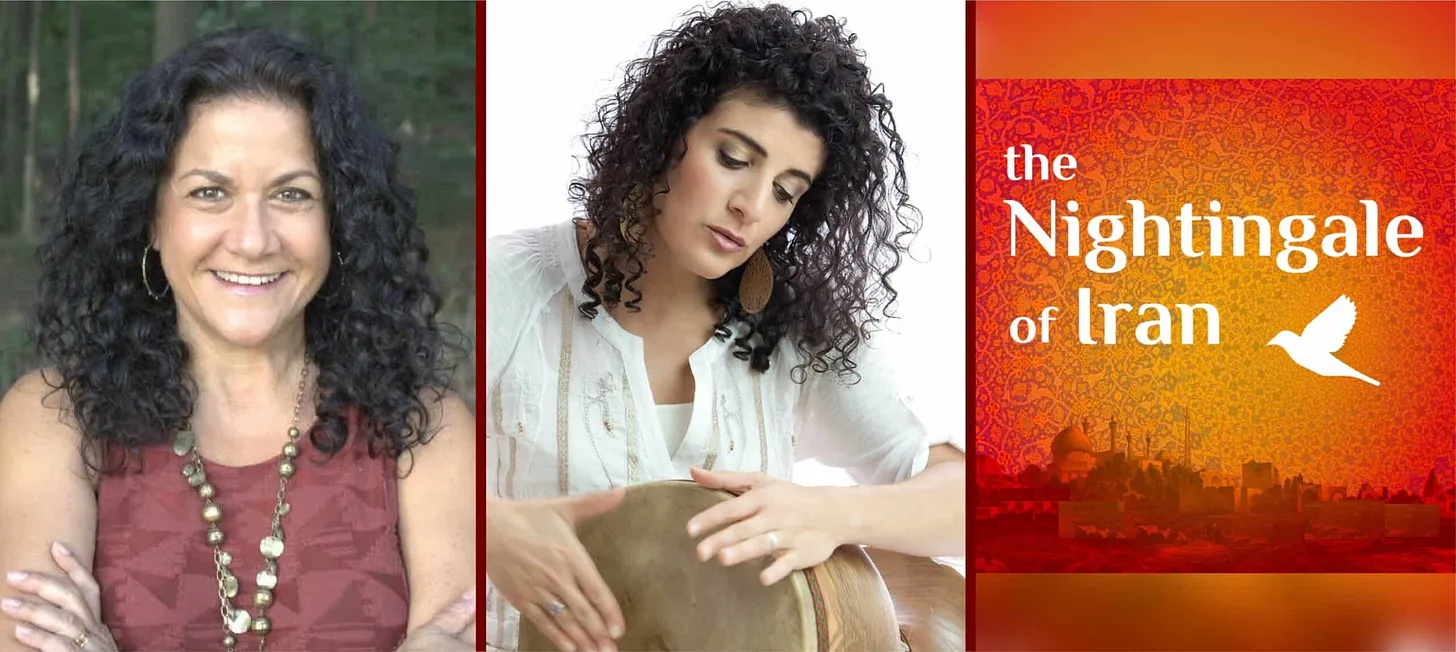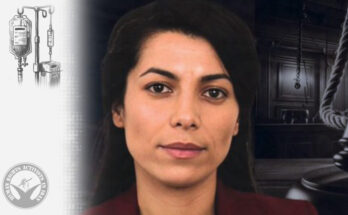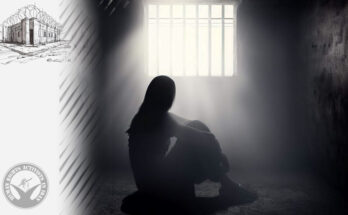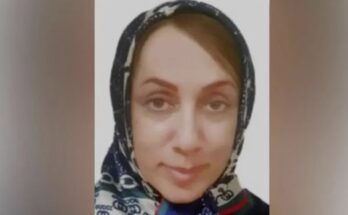Source: Intermountain Jewish News
By Steve Mark

It is truly amazing what stories can be uncovered in a simple housekeeping adventure in a cluttered basement.
Danielle Dardashti happened to be in the basement of her parents’ home in New Rochelle, NY, when she found a mass of reel-to-reel recordings of her grandfather, Younes Dardashti, from when he became a rare Jewish performer to gain fame as a singer in Tehran, Iran.
Danielle and her sister Galeet, both born in the US, knew of their grandfather’s success, but not until after sorting through the basement discovery did they realize the true extent of Younes’ musical influence in his country.
“Danielle was staying at my parents’ house because she was doing renovation on her house,” recalls Galeet. “She went into my parents’ basement and she found these incredible recordings that none of us, and probably my parents neither knew that existed, or had long forgotten about it.
“It’s one of those things where you have stuff that you accumulate over decades and decades and you don’t really remember it’s there. It was this treasure trove of material.”
“I was doing my laundry and walking around the basement,” remembers Danielle, “just snooping around, and found this frigging stash of hundreds of tapes.”
Danielle and Galeet’s father, Farid, became somewhat famous, too, in his native Iran, as a teen idol singer. Farid left Iran in 1962 to study in the US.
“Our family left Iran at the height of their fame during the golden age for Jews,” says Danielle. “Life was wonderful and they were successful, and my grandfather was called the ‘Nightingale of Iran.’ He was the most famous singer of Iran. And my father, after six months on television and having his own show on TV, simply left.”
While Younes was still alive, the two granddaughters struggled to create a bond with their grandfather.
“We had a major language barrier,” says Galeet, “so it was really hard for me to connect with him. He was this kind of mythical person who I heard so many stories about. I would hear him sing, and it sounded very foreign to me because I didn’t grow up listening to this music.
“When I became a teenager, I got to know him.”
What the sisters also uncovered was his popularity in Iran; he was one of the favorites of Mohammed Reza Shah, and performed weekly on Radio Tehran.
Younes longed for acceptance among the Jewish community, which never really materialized. He eventually left Iran during the Iranian Revolution in 1978-79 to live in Israel. He died in 1994 at the age of 85.
With their new discoveries in tow, the Dardashti sisters felt compelled to share their family’s story. Danielle is a documentarian and former TV reporter. Galeet is a musician and anthropologist of Middle Eastern Jewish culture. They pooled their expertise and created a six-episode podcast, “The Nightingale of Iran,” which has received considerable acclaim.
“I’ve told a lot of stories over my career,” says Danielle, “and it’s the most beautiful story I’ve ever told.
“It’s the most personal story I’ve ever told, and it’s also the most important story I’ve ever told. To have that gift of being able to tell this story that’s also so personal and also so important to my parents and to my children, and then to have the whole world react the way that they’re reacting to it, has been amazing.”
Feeding off the popularity of the podcast, Danielle and Galeet are now a road show, appearing around the country in a multimedia performance that highlights the family story that also includes Galeet’s musical accomplishments.
The sisters will make an appearance in Denver on April 1 at the JCC’s Wolf Theatre, hosted by Rocky Mountain Historical Society.
“Danielle and I tell a lot of stories from the podcast,” says Galeet. “It’ll be an audio-visual experience, and we’ll also have an opportunity for the audience to ask questions afterwards.”
One of those experiences is a sampling of a duet Galeet recorded with her grandfather, so many years after his passing.
“One of the songs is the theme song for our project,” Galeet says. “Doing the podcast has been a way to connect with him in a way that I couldn’t when he was living.”
Galeet also follows in the family clerical lineage. Like her grandfather, she does cantorial work.
“He couldn’t do it as a profession because he was a professional singer,” says Galeet. “He would lead services as a volunteer.
“In that sense, I’m continuing this family legacy.”
The success of the podcast has borne other opportunities.
“We’ve gotten funding (a three-year grant) to create a curriculum series now based on the podcast for high schools and colleges,” Danielle says, “and we’ve been performing this live show in London and LA — all over the place.”
All over the place. That sums up this family story.
Including a basement in New York.




